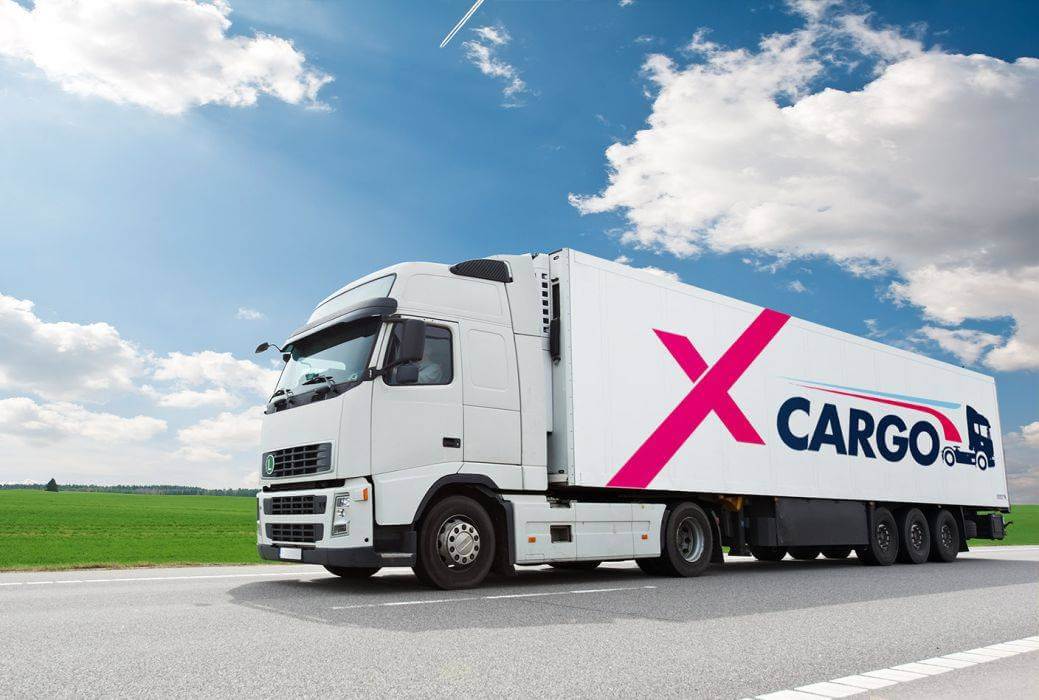The technical definition of freight management is when a shipper hires a logistics service provider (LSP) to use their logistics and supply chain expertise and assets to efficiently and strategically move freight across their network of customers (outbound) and vendors (inbound) using various modes of transportation, intermediaries, and technologies.
A freight management logistics service solution integrates everything a logistics service provider has done internally to establish its business viability by constantly providing a reliable service at a reasonable price for the shipping community and selling it to shippers as a service module.
The basis of transport management system is that the shipper receives a bundled service program, which is the playbook that the logistics provider has refined while running its own company.
Best Freight Companies for Management Solutions
1. Transport Management System
A transportation management system (TMS), also known as transportation management software or transportation management solution, enables the timely delivery of freight and goods by providing visibility into daily transportation operations, trade compliance information, and paperwork.
Organizations can also use transportation management software to manage better and optimize their transportation operations, whether by land, air, or sea.
2. Transport Management Software
A Transport Managementsoftware, or TMS, is a unified technology that assists businesses in planning, executing, and optimizing the physical movement of goods throughout the supply chain, including forward and reverse moves across multiple locations while reducing transportation costs and manual labor.
TMS software is a technology used to organize freight movements, do freight rating and shopping, choose optimal routes and carriers for transportation, and manage freight bills and payments. Apart from these, a TMS helps a company’s logistics management by performing various other tasks.
3. Logistics Software Companies
Logistics management is required throughout the supply chain, encompassing product development, procurement, production, and delivery of goods and services. The flow and storage of products, services, and related information must be well-coordinated throughout the management process. Managing the logistics chain requires a conscious effort to build and run the supply chain from t origin to customer consumption.
Proper planning, sourcing, manufacturing, delivering, returning, and enabling processes are essential to increase supply chain effectiveness. The greater operational fluency given by logistics software company benefits the whole supply chain. Timely and reliable logistics data aids the organization in reducing costs and improving customer service.
4. Shipment Management Software
The process of controlling or monitoring ships is known as ship management. Businesses or companies that use boats from other companies or independent ship owners use ship management.
Ship management software has been developed to support the ship administration system in recognizing this problem. WAYL was also created to help shipping businesses and ship management organizations improve their ship management operations.
Many shipment management software has been developed due to the advancement of digital technology to enhance the safety and efficiency of maritime transportation and safeguard the sea and the marine environment. This article will demonstrate the numerous advantages of ship management software and suggest appropriate ship management software.
Conclusion
Freight management is the process of controlling and managing the delivery of goods. For example, it ensures that the cargo arrives on schedule, in good shape, and at a reasonable cost.
Freight management is a component of the supply chain management process, which is much more complex. If you’re a shopper, you have the option of outsourcing all or part of your supply transport software management procedures, such as freight management.
